Uncategorized
-
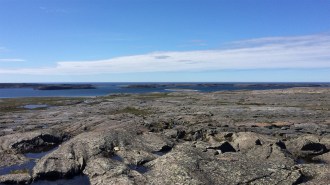 Earth
EarthEarth’s oldest rocks may be at least 4.16 billion years old
If the new age of these Canadian rocks is solid, they would be the first and only ones known to have survived Earth’s earliest, tumultuous time.
-
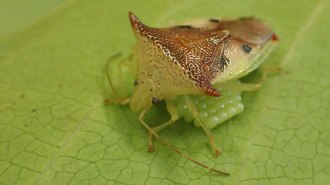 Animals
AnimalsThis bug’s all-in helicopter parenting reshaped its eggs
An egg-shape trend found among birds shows up in miniature with very protective bug parents. Elongated eggs fit more compactly under mom.
By Susan Milius -
 Psychology
PsychologyAI can measure our cultural history. But is it accurate?
Art and literature hint at past people’s psyches. Now computers can identify patterns in those cognitive fossils, but human expertise remains crucial.
By Sujata Gupta -
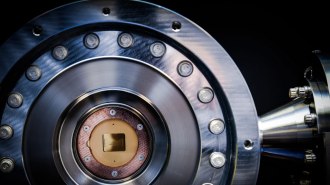 Quantum Physics
Quantum Physics‘Magic’ states empower error-resistant quantum computing
Special quantum states allow computers to perform the most difficult class of quantum computing operations.
-
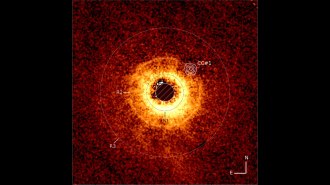 Planetary Science
Planetary ScienceIn a first, the Webb telescope found a planet by actually ‘seeing’ it
Finding a Saturn-sized world around the young star TWA 7 could pave the way for the Webb space telescope’s direct observation of other exoplanets.
By Adam Mann -
 Health & Medicine
Health & MedicineMany U.S. babies may lack gut bacteria that train their immune systems
Too little Bifidobacterium, used to digest breast milk, in babies' gut microbiomes can increase their risk of developing allergies and asthma.
-
 Physics
PhysicsNo player can return this killer shot. Physics explains how it works
Squash’s killer “nick shot” has a formula. It’s all about height and timing, a new study shows.
By Celina Zhao -
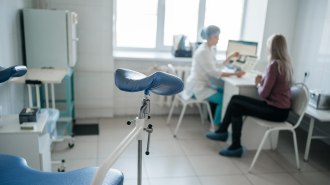 Health & Medicine
Health & MedicineMailed self-sample kits boosted cervical cancer screening
People who are uninsured or part of a minority racial or ethnic group are underscreened for cervical cancer. Mailing them a self-sample kit may help.
-
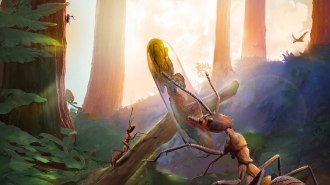 Paleontology
PaleontologyZombifying fungi have been infecting insects for 99 million years
Two bits of amber discovered in a lab basement hold ancient evidence of a fungi famous for controlling the minds of its victims.
-
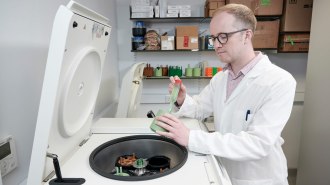 Chemistry
ChemistryModified bacteria convert plastic waste into pain reliever
With genetic tweaks, E. coli turned 92 percent of broken-down plastic into acetaminophen, charting a path to upcycle plastic waste sustainably.
By Skyler Ware -
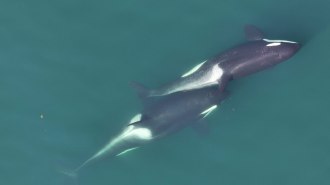 Animals
AnimalsKiller whales may use kelp brushes to slough off rough skin
The whales use quick body movements to tear pieces of bull kelp for use as tools, perhaps the first known toolmaking by a marine mammal.
-
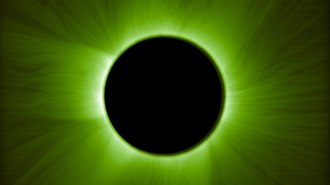 Astronomy
AstronomyTwo spacecraft created their first images of an artificial solar eclipse
The Proba-3 spacecraft succeed at creating solar eclipses, kicking off a two-year mission to study the sun’s mysterious outer atmosphere, the corona.